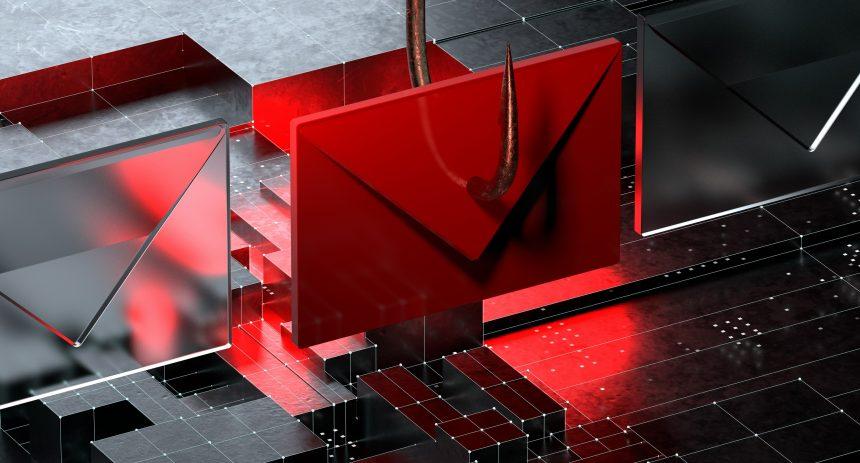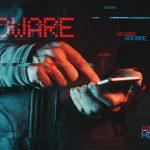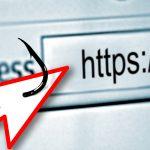In the ever-evolving landscape of cyber threats, a new email scam dubbed “Chase Bank Invoice” has surfaced, disguising itself as an invoice sent by Chase Bank. This phishing attempt aims to deceive recipients into calling a fake support line, with the fraudulent intention of reversing a purchase transaction. This article unravels the intricacies of the “Chase Bank Invoice” email scam, shedding light on its actions, consequences, and providing a comprehensive guide for avoiding falling victim to such schemes in the future.
“Chase Bank Invoice” Email Scam Overview
The deceptive email, with subjects like “Invoice Revised Service Payment,” presents itself as an invoice from Chase Bank, claiming a payment for the “Norton Device antivirus protection 2023” at the amount of 478.65 USD. The email includes supposed customer helplines for Chase Bank, urging recipients to call if they find the charge suspicious or did not make the purchase. However, it is crucial to note that this email is a scam and is not affiliated with Chase Bank, Norton AntiVirus, or any legitimate entities.
Key Actions and Consequences:
- Deceptive Scheme: The email operates as part of a refund scam, aiming to trick recipients into contacting scammers under the guise of reversing a transaction.
- False “Managed by your organization” Activation: By calling the provided numbers, victims may be prompted to grant access to scammers, leading to the activation of the “Managed by your organization” feature. This allows scammers to manipulate browser settings and policies.
- Privacy Risks and Data Exposure: Victims are at risk of privacy breaches as scammers may attempt to extract sensitive information during the scam, including login credentials, personal details, and potentially finance-related data.
- Refund Scam Tactics: The scam employs techniques like remote access to create the illusion of fund transfers, convincing victims to return the purported excess. In reality, no funds were transferred, and victims may end up sending their own money.
Threat Summary:
- Name: “Chase Bank Invoice” spam email
- Threat Type: Phishing, Scam, Social Engineering, Fraud
- Disguise: False Chase Bank invoice for a Norton AntiVirus purchase.
- Support Scammer Phone Number(s): +1(855) 773-1735, +1(408) 791-8286, +1(808) 829-3136, +1(520) 357-3657, +1(833) 835-8431, +1(209) 589-0866
- Symptoms: Monetary loss, unauthorized online purchases, changed online account passwords, identity theft, illegal access to the computer.
Preventive Measures and Best Practices
- Verify Email Sources: Always verify the legitimacy of emails, especially those requesting sensitive information or unusual actions. Legitimate organizations will not ask for personal information via email.
- Check Email Content: Scrutinize the content of emails for signs of phishing, including misspellings, grammatical errors, and unusual requests. Be wary of unexpected invoices or requests for payment.
- Do Not Click Suspicious Links: Avoid clicking on links or downloading attachments from unknown or suspicious emails. Hover over links to preview the destination URL before clicking.
- Contact Official Channels: If in doubt, contact the organization or entity directly using official contact information, not information provided in the suspicious email.
- Use Multi-Factor Authentication (MFA): Enable MFA wherever possible to add an extra layer of security to your accounts, making it more difficult for unauthorized access.
- Educate Yourself and Others: Stay informed about common phishing tactics and educate colleagues, friends, and family members to recognize and avoid such scams.
Removal Guide
If you have fallen victim to the scam and allowed scammers access to your device:
- Disconnect from the Internet: Immediately disconnect your device from the internet to prevent further unauthorized access.
- Uninstall Remote Access Program: Remove any remote access programs that may have been installed during the scam.
- Full System Scan: Conduct a full system scan using reputable antivirus software to detect and remove any potential malware.
- Change Passwords: Change passwords for all compromised accounts, especially online banking and sensitive accounts.
- Contact Authorities: If you believe your private data has been exposed, contact the appropriate authorities to report the incident.
Conclusion
The “Chase Bank Invoice” email scam serves as a reminder to remain vigilant and cautious online. By understanding the tactics employed by scammers and implementing preventive measures, users can protect themselves from falling victim to such phishing attempts. Staying informed and practicing good cybersecurity hygiene are essential in maintaining a secure digital environment.
Text presented in the “Chase Bank Invoice” spam email letter
Subject: Invoice Revised Service Payment
CHASE
CUSTOMER HELPLINE
+1(855) 773-1735
INVOICE TO :
DEAR USER,
Date: 21-Dec-2023
Invoice: CHASE-F8JMC3
Description Norton Device antivirus protection 2023
Qty 01
Price $478.65
Total $478.65
Sub-total : $ 478.65
Tax : 00%
Payment Method – auto debit
Total : $478.65
Your transaction successfully
Processing
Chase Update Information :
This service message was sent to you as a Chase Bank customer to inform you about the transaction updates of your account.
Contact our head office at +1(408) 791-8286 if you did not make the above transaction or you find the debit suspicious.
CHASE
ADMINISTRATOR





